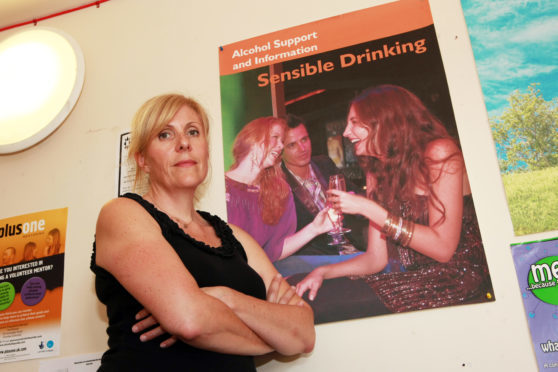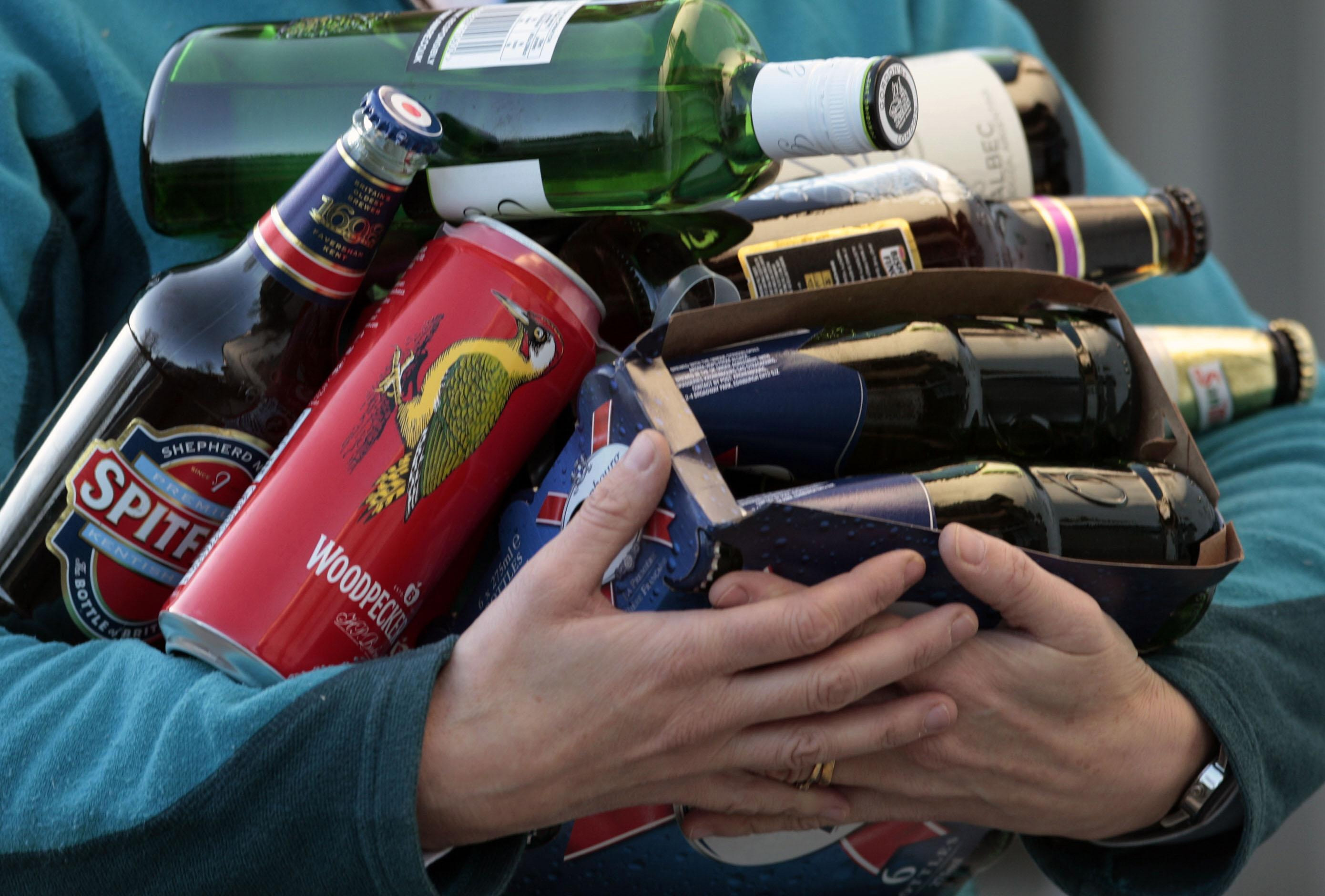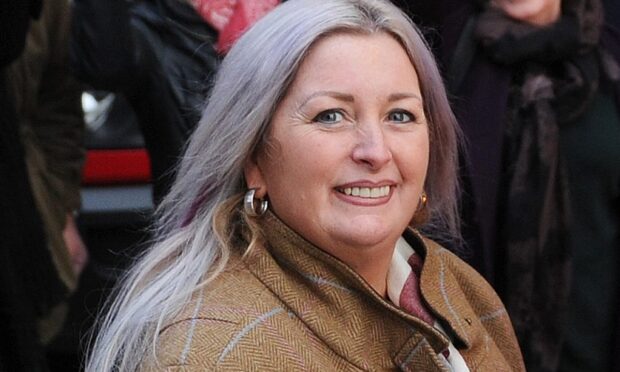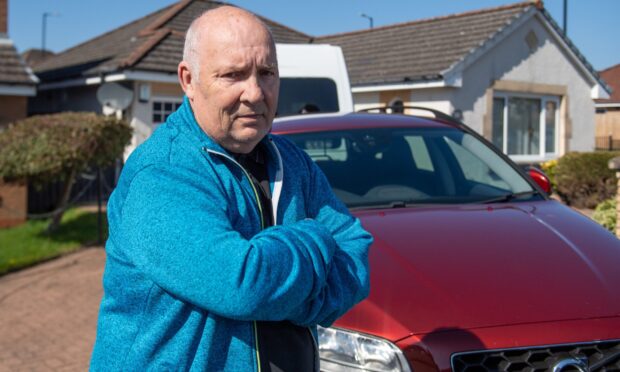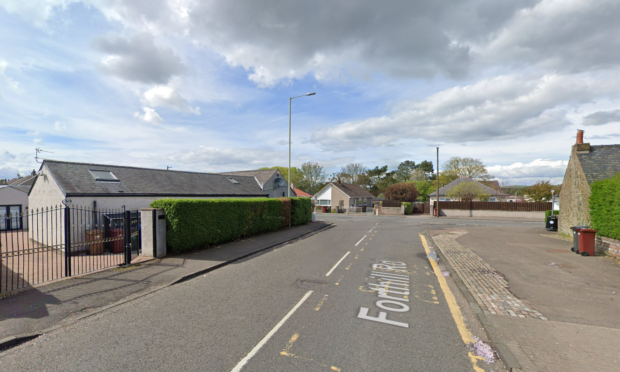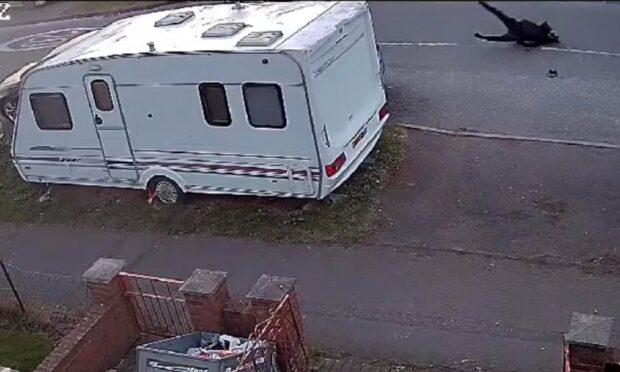Leading charities have demanded answers after Police Scotland claimed it is “too costly” to track Tayside’s youth drinking problem.
The force refused to say how many youngsters had been stopped with alcohol or caught consuming it underage, claiming the information would be too expensive to produce.
Campaigners said the decision makes it more difficult for them to establish the full scale of problem drinking among the region’s under-18s, while official figures from NHS Tayside point to the issue getting worse.
Kathryn Baker, service manager at the Tayside Council on Alcohol (TCA), said the information would be “very useful” in tackling problem youth drinking.
“The data we have at the moment involves going into schools and surveying children who are present on that day,” she said.
“What it doesn’t include is pupils who are regularly excluded or are not in mainstream school – those children can definitely be among the ones most at risk.
“There are real issues with how families are dealing with the poverty we have in Dundee and I know both the police and the NHS deal with some of the same faces again and again, and we need to know more about that group.”
Figures obtained by The Courier show the number of children presenting to A&E in Tayside, where alcohol is identified as a factor, may have increased by as much as 17%.
Because of the risk of identification of individuals, NHS Tayside was unable to specify the exact number of youngsters seen by hospitals on months where fewer than five were admitted but figures increased from a maximum yield of 202 in 2016 to 237 last year.
In June alone, five children under the age of 13 presented to Ninewells Hospital’s A&E department for issues relating to alcohol consumtion, while the following month 19 individuals aged 14-17 turned up at the service for similar reasons.
Alison Douglas, chief executive of Alcohol Focus Scotland, said such information is not routinely made available to charities working to tackle the issue.
“Every instance of a child being admitted due to alcohol should be of concern given the potential for serious physical and mental health consequences,” she said.
A spokeswoman for NHS Tayside said the health board “works closely with its partners, including three regional Alcohol & Drug Partnerships (ADPs) and local authority, voluntary sector, Police Scotland and community colleagues to develop responses to alcohol related harm affecting young people.”
She added that a “substance misuse profile” for each area in Tayside is produced on an annual basis and shared with ADP colleagues.
Detective Inspector Allan Elderbrant, of Safer Communities, insisted Police Scotland remains committed to “reducing the harms associated with substance use on individuals, families and communities in Scotland”.
He added: “Through partnership working, and with the support of local communities, we aim to make Scotland a safer place.”
